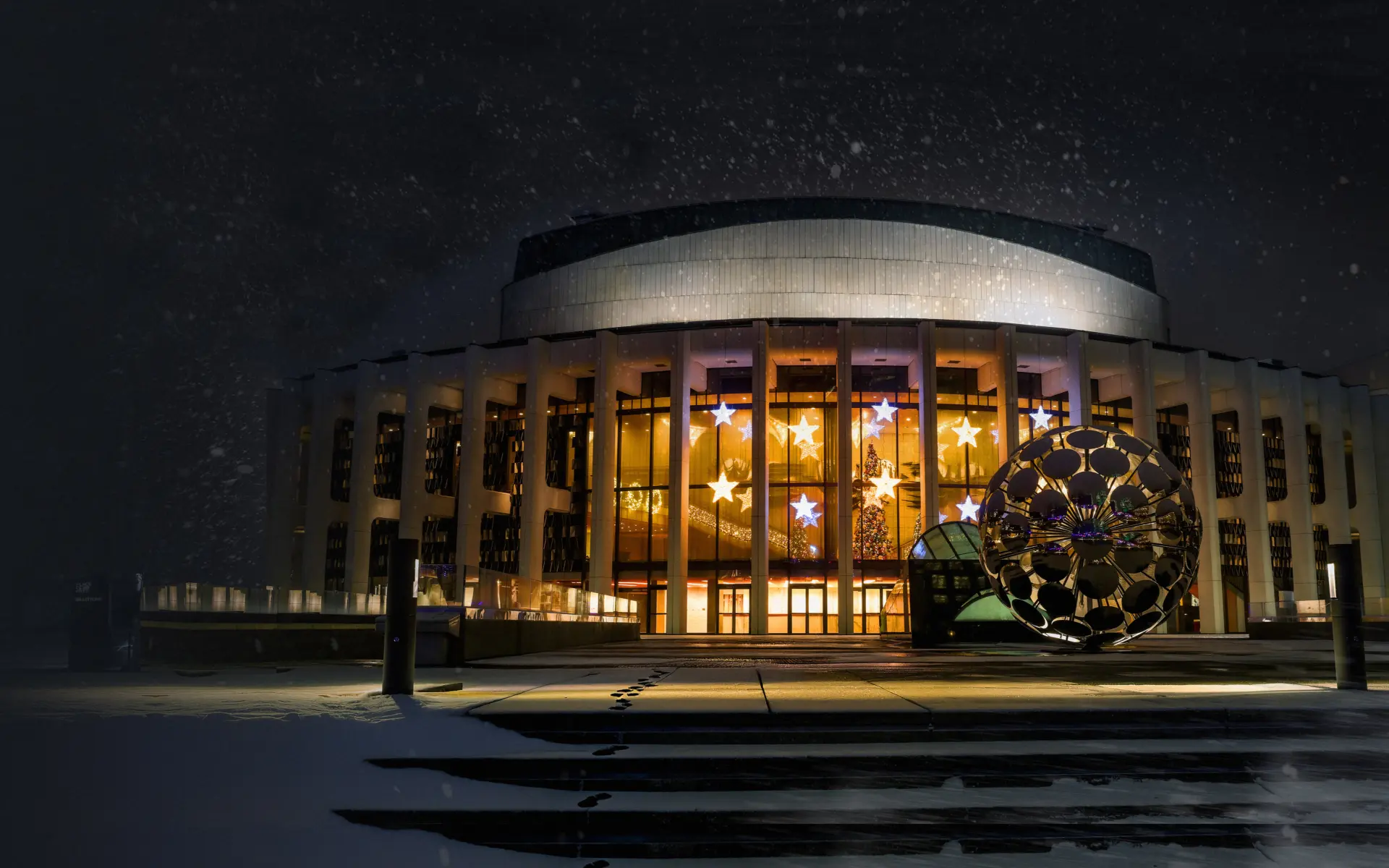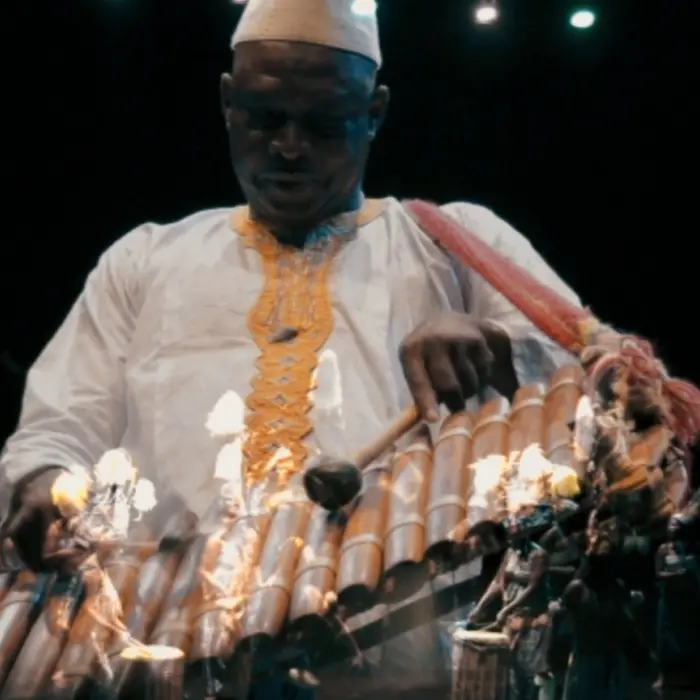Cultural Magazine
Le 12 février, j’achète un billet pour une sortie culturelle québécoise
Inspirée par l’initiative Le 12 août, j’achète un livre québécois, la cinéaste Myriam Verreault lance un appel à la mobilisation afin d’apporter un soutien financier symbolique au milieu de la culture d’ici.

Le 12 février, j’achète un billet pour une sortie culturelle québécoise
Inspirée par l’initiative Le 12 août, j’achète un livre québécois, la cinéaste Myriam Verreault lance un appel à la mobilisation afin d’apporter un soutien financier symbolique au milieu de la culture d’ici.
Article Recommendations Event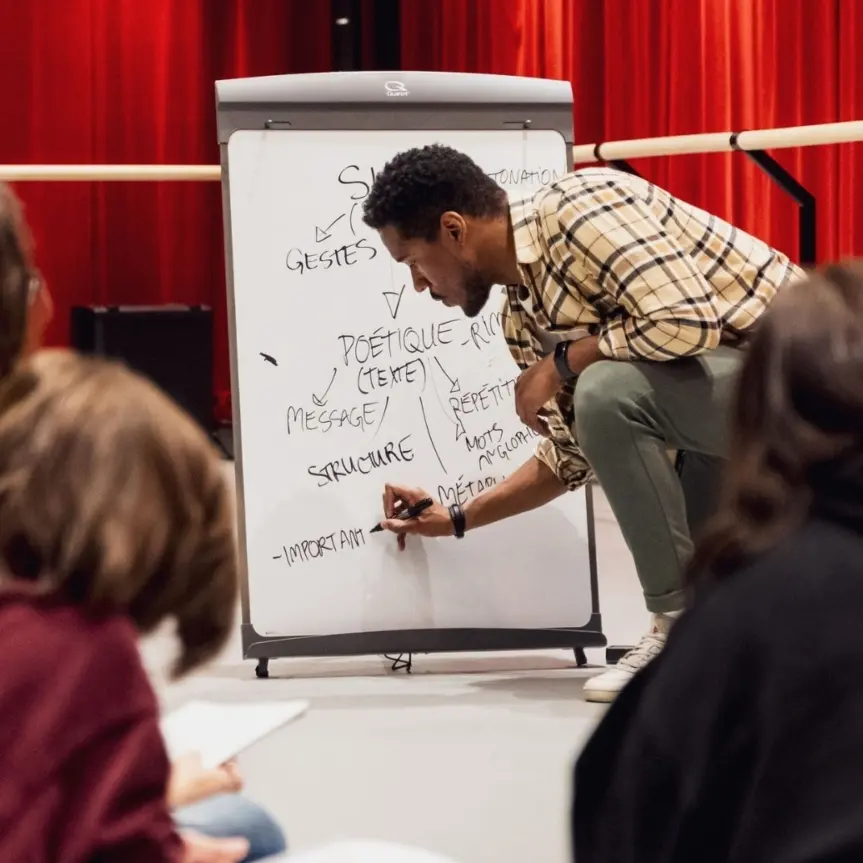
Aesthetic Education at Place des Arts: 10 Years of Cultural Innovation
Article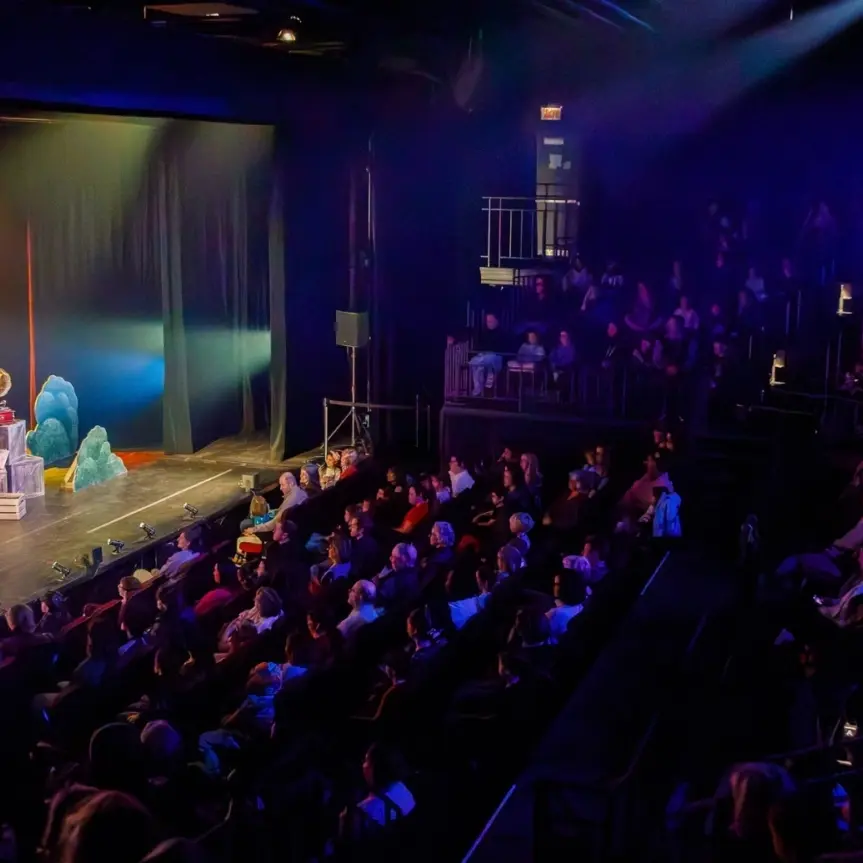
Children’s Shows at Place des Arts: A Wonderful Opportunity to Build Precious Memories
More than ever in 2026, Place des Arts is your go-to family destination. With a rich and varied program for young audiences, it offers families much more than just entertainment.
Article Recommendations Family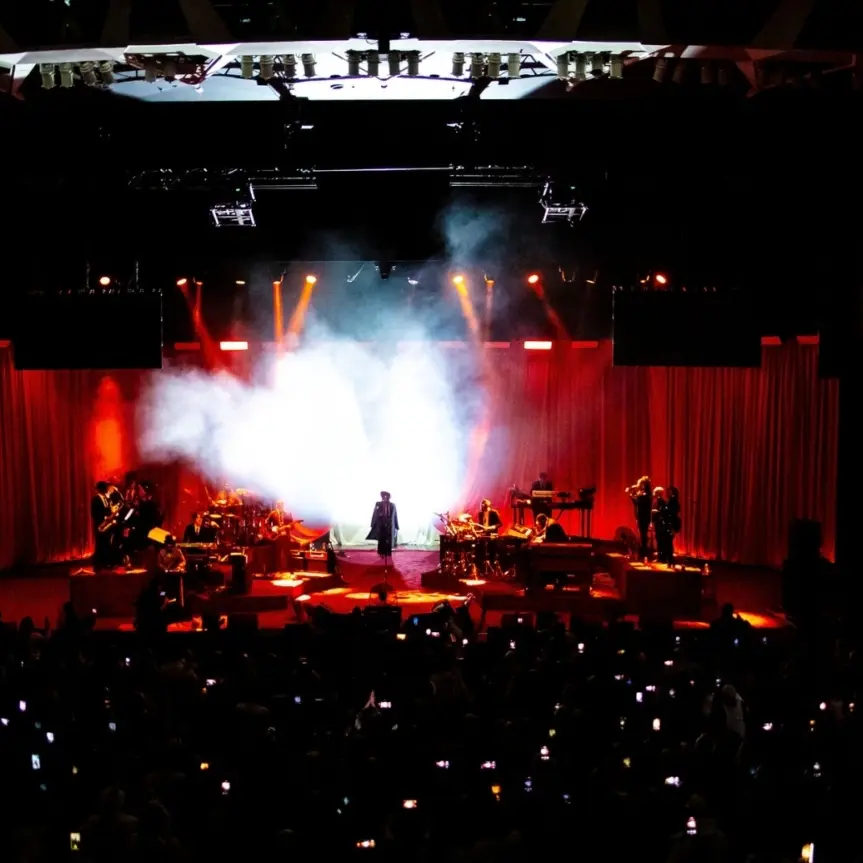
2025 in Review: Between Nostalgia and Creation
As 2025 comes to a close, let’s look back at the shows that defined the past year at Place des Arts, capturing the hearts of our audiences and staff.
Article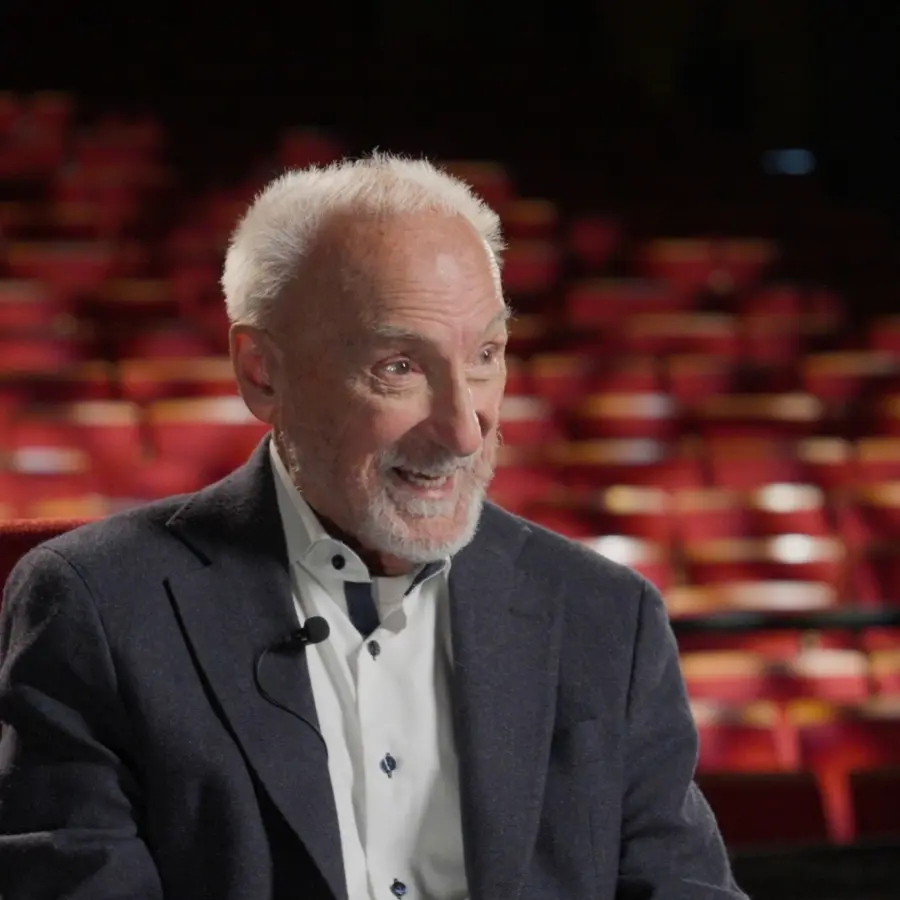
Yvon Deschamps : une vie portée par la scène
Comedian Yvon Deschamps has performed over 500 shows at Théâtre Maisonneuve at Place des Arts in Montreal.
Vidéo Interviews Artist
Dans la loge avec Cindy Daniel
Saviez-vous que Cindy Daniel, l'interprète de Maria dans Don Juan a d'abord joué Elvira? Elle nous ouvre la porte de sa loge pour parler de ces rôles, de l'évolution de la comédie musicale à succès et de sa préparation avant d'entrer sur scène.
Vidéo Behind the Scenes Artist
Hauterive chante Les saisons
Catherine Durand et Mara Tremblay nous ont charmé d'une prestation acoustique de la chanson Les saisons, extrait de leur projet en duo intitulé Hauterive.
Vidéo Performances Series
Alexandra Stréliski's surprise performance
Alexandra Stréliski treated us to a surprise performance in front of the Esplanade of Place des Arts on May 19, 2023. A moment of sweetness offered by Place des Arts, before the summer's excitement ignited Montreal.
Vidéo Performances Event
